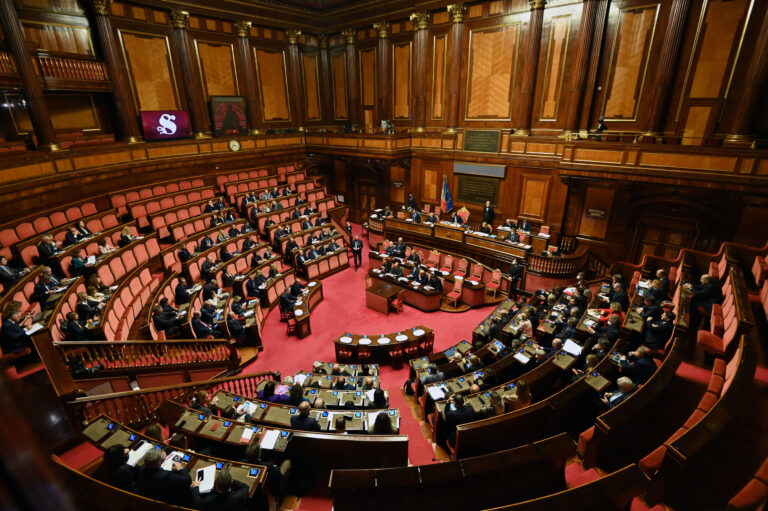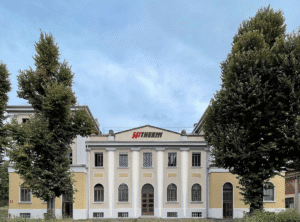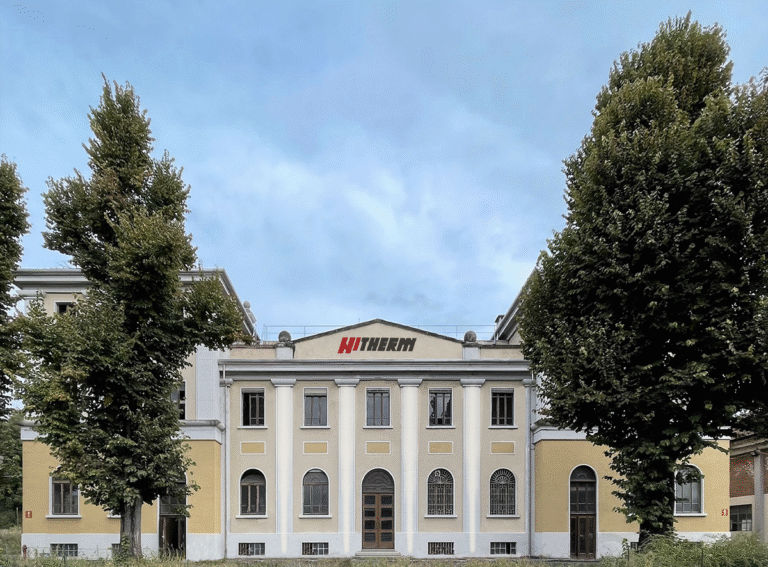Political systems are the structures and practices that shape how a society is governed. Each country has its distinct political system, which has adapted throughout time to serve its inhabitants’ requirements. As societies have become increasingly connected, certain political systems have become the most widespread worldwide.
The world is filled with an array of different political systems, and it can often be difficult to keep track of them all. However, some political systems are much more widely used than others. The most spread political systems in the world are Democracy, Republic, Monarchy, Communism, and Dictatorship.
Table of Contents
1. Democracy
Democracy is a form of government in which the citizens have the right to participate directly or indirectly through elected representatives. It is characterized by fair and free elections, where eligible citizens can choose their leaders and hold them accountable for their actions.
Democracy upholds the principle of political transparency, personal freedoms, civic rights, and the rule of law. It is based on the idea that all citizens have a say in the decisions that affect their lives.
The essence of democracy lies in its power to ensure equal representation for all individuals regardless of class, race, gender, or age. It also supports freedom of expression and encourages public participation in political decision-making. This allows citizens to shape their society and government according to their beliefs, desires, and interests.
Over the years, democracy has evolved in many ways—for instance, the introduction of universal suffrage allows citizens to select their leaders by popular vote.
Some countries that have adopted democracy as their political system are the United States, India, France, Germany, Canada, Australia, and other western European nations. In recent years, many countries in South America, including Brazil and Argentina, have also adopted democratic systems in place.
2. Republic
Republics are a type of governing system in which citizens are given the right to vote for their representatives, who then form the government. This type of political system is based on popular sovereignty and rule by law.
There are two main types of republics: presidential and parliamentary. In a presidential republic, a president who was directly chosen by the people has the executive branch’s power. In a parliamentary republic, the executive power is vested in a prime minister who is appointed by the legislature.
Republics are characterized by their decentralized government structure, an independent judiciary, and a balance between democracy and the rule of law. This type of political system is practiced in many countries around the world, such as France, India, United States of America, and Brazil. In such countries, citizens can exercise their right to vote, expressing their will on who should lead the nation.
Furthermore, in republics, the executive power is held accountable by the legislative body and judiciary. Republics also promote fundamental rights and freedoms such as expression of opinion, freedom from oppression, and free access to information. All in all, the republic system of government is a popular form of democracy where citizens are provided with fundamental rights and responsibilities.
3. Monarchy
Monarchy is a political system in which the head of state, typically a King or Queen, exercises ultimate authority over the government and its laws. Under this system, power is inherited through a family line and can be transferred to other family members. The most well-known monarchy today is the British Monarchy, currently represented by King Charles III.
There are two categories of monarchies: absolute and constitutional. An absolute monarchy has the power to dictate all laws. In contrast, a constitutional monarchy has written laws or a constitution that establish limits on the monarch’s authority.
Today, there are numerous countries that still maintain a monarchy system, including the United Kingdom, Japan, Norway, Sweden, Denmark and Thailand. Monarchies like these share many common characteristics such as a powerful hereditary head of state. This is responsible for appointing government officials and approving laws.
Even though monarchies have declined since their early days, it continues to be a popular form of government in many parts of the world due to their stability, low level of public protest, and willingness to accept change. Monarchy provides a sense of continuity within a society and can help maintain order during times of change.
Additionally, monarchies can also provide a sense of unity among citizens. It is clear that despite its decline in the last few centuries, monarchy remains an important form of government in many parts of the world today.
4. Communism
Communism is a kind of government in which the government owns and controls all production, distribution, and exchange of goods. It is based on the idea that resources should be available to everyone equally.
The two main types of communism are Marxism-Leninism and Maoism. Both of these emphasize collective ownership of the means of production. Communism advocates for the abolition of private property and establishing a classless, stateless society based on common ownership. Countries like China, Cuba, North Korea, and Vietnam practiced communism.
Characteristics of this political system include collectivization, central planning, and the end of class distinctions. It also emphasizes equal distribution among citizens instead of a capitalist-based market economy.
Proponents of communism argue that it provides a more equitable form of economic organization and greater social justice than capitalism. Critics say it inhibits individual freedom, suppresses creativity and innovation, encourages bureaucracy and corruption, and leads to inefficient production processes.
Whether or not you agree with the principles of communism, it is a system that has profoundly influenced the course of world history. Communist ideologies are still in use today in many regions of the world despite their overwhelming unpopularity.
5. Dictatorship
A dictatorship is a form of government where all the state power resides in a single leader or party. In extreme cases, the dictator or ruling party holds absolute control over the country without any accountability to external entities like courts, legislatures, or even public opinion.
As a rule, tyranny, one-man rule, poverty, and the denial of civil freedoms are characteristics of a dictatorship. There are two types of dictatorships, namely authoritarian and totalitarian.
Authoritarian Dictatorship refers to a single-party system that allows for limited civil rights and freedoms. It includes freedom of speech and the press but with no meaningful participatory structures beyond one-party control.
An absolute type of government known as a totalitarian dictatorship forbids all civil rights and places everyone under stringent governmental supervision. It also involves the use of terror, propaganda, and censorship as a means to maintain power.
There are some countries in the world that still practice dictatorships, such as North Korea or Saudi Arabia. All these nations have strict laws against freedom of expression and political activity. They harshly punish anybody who criticizes their overlords, no matter how small.
Additionally, these nations have a reputation for oppressing minorities and violating human rights often. Despite international efforts to promote democracy, dictatorship remains a significant form of government in many parts of the world.
Which is the most spread political system in the world?
The most common political system in the world today is democracy. This system of government allows the participation of the public in decision-making either directly or indirectly through elected officials of their respective countries.
The majority respects individual rights and freedoms while upholding their own rule. Every continent has some type of democracy, albeit the implementation varies by region and culture.
Read also: 6 countries that are leading the world for women in politics












